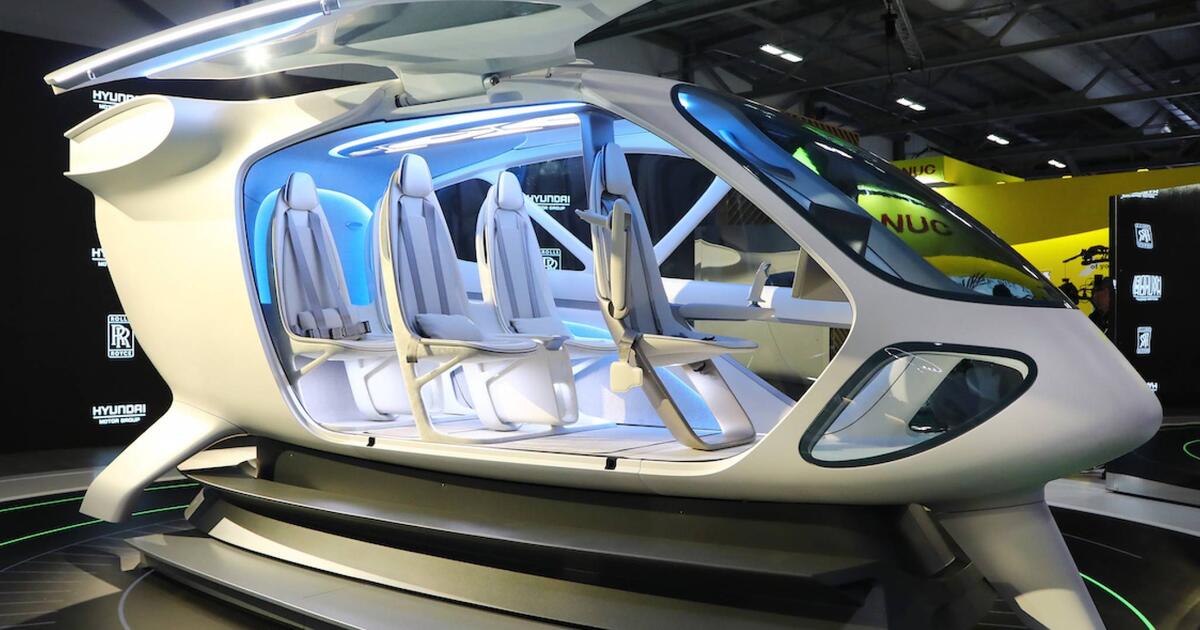Hyundai’s urban air mobility subsidiary Supernal has partnered with Honeywell Aerospace to develop ground control stations for uncrewed and remotely piloted aircraft such as Supernal’s eVTOL aircraft.
Supernal plans to certify a piloted, four-passenger version of its eVTOL air taxi, called the SA-1, which is expected to enter into service in 2028. Eventually, the company aims to introduce a six-seat version of the aircraft that would fly without pilots on board.
Rather than piloting an aircraft from the flight deck, an air taxi pilot could remotely operate one or more eVTOL aircraft from a ground control station using real-time flight data, Supernal said.
“The Honeywell ground control station features a certified, decentralized, and redundant architecture that offers persistent connectivity for remote operations,” said David Shilliday, v-p and general manager of Honeywell Aerospace’s advanced air mobility division. “This integrated solution ensures seamless and reliable command and control over remote vehicles.”
Honeywell Aerospace, which is also supplying its Anthem integrated flight deck for Supernal’s SA-1 vehicle, will work with Supernal to develop ground control software solutions for remotely piloted aircraft operating beyond the visual line of sight. According to Honeywell, this will enable the flight testing of Supernal’s first full-scale technology demonstrator, which the company hopes to start by the end of 2024. Supernal has not said when the SA-1 might operate without a pilot on board.
“The collaboration with Honeywell brings unparalleled technological prowess to our flight-test program,” said Supernal chief commercial officer Adam Slepian. “Its ground control station doesn’t just meet our current needs but also offers scalable solutions for the future.”
FBOs Could be Ground Service Providers For eVTOL Air Taxis
According to Supernal's head of business development, Matthew Sattler, the company is increasingly focused on working with stakeholders including city officials and infrastructure providers on the details of, "what it will take to build advanced air mobility." This work is being done as Supernal's engineering team continues to work on the technology demonstrator and on a pending type certification application that could be submitted to the FAA before the end of this year.
Sattler told AIN the company has recently held talks with an undisclosed FBO operator about the possibility of using their airport location as a base for eVTOL operations. They concluded that the site could accommodate maybe one or two eVTOL landing pads but struggle to handle larger anticipated throughputs of flights.
According to Sattler, FBOs, which generally provide ground support for business aircraft, have the right blend of skills and low-touch service provision to deliver ground support for eVTOL services. "In the U.S., we believe FBOs, and especially the larger chains, will be receptive to working with advanced air mobility, partly because commoditizing electricity will make a lot of sense to them and they have extra space."
